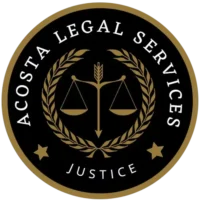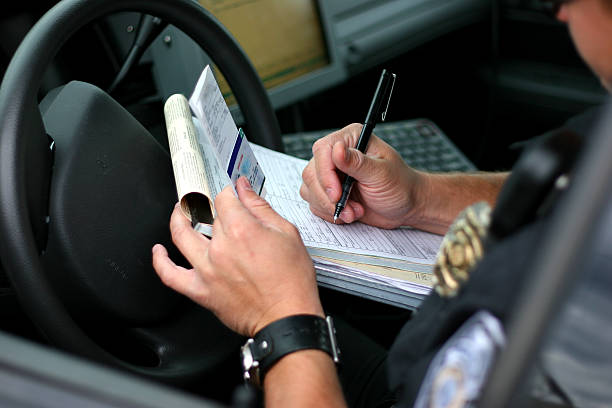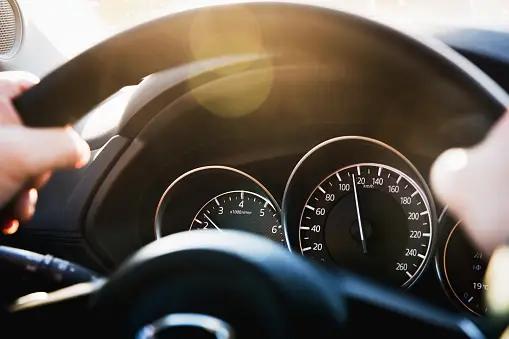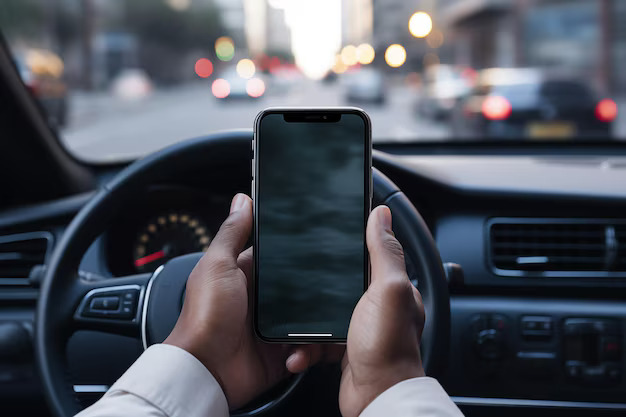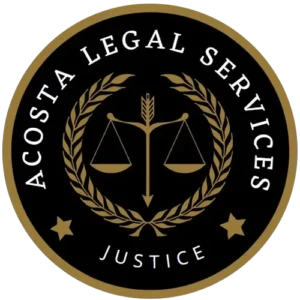Understanding the Consequences of Driving Under the Influence of Alcohol or Drugs
Driving under the influence (DUI) of alcohol or drugs is a serious offense with severe consequences. When a police officer catches an individual driving while impaired, it initiates a series of legal proceedings and administrative actions that can have significant ramifications. Here’s what typically happens if you’re caught driving under the influence:
- Traffic Stop and Investigation: When a police officer observes erratic driving behavior or suspects impairment, they have the authority to pull over the vehicle. During the traffic stop, the officer will assess the driver’s condition, conduct field sobriety tests, and may administer a breathalyzer or drug test to determine the level of impairment.
- Arrest and Criminal Charges: If the driver fails the sobriety tests or tests positive for alcohol or drugs, they may be arrested on suspicion of DUI. Subsequently, the individual will be taken into police custody, where they may be subjected to further testing, such as a blood or urine test, to confirm the presence of alcohol or drugs in their system. Criminal charges for DUI may be filed based on the results of these tests.
- Legal Proceedings: Following the arrest, the individual will be required to appear in court to face DUI charges. The legal proceedings will vary depending on the jurisdiction and the specific circumstances of the case. If convicted, the individual may face penalties such as fines, license suspension, mandatory alcohol or drug education programs, and even imprisonment, particularly for repeat offenses or cases involving aggravating factors like accidents or injuries.
- Administrative Penalties: In addition to criminal charges, individuals caught driving under the influence may face administrative penalties imposed by the Ministry of Transportation (MTO) or equivalent authority. These penalties often include automatic license suspension or revocation, regardless of the outcome of the criminal case. The duration of the license suspension typically varies based on factors such as prior offenses and blood alcohol concentration (BAC) levels.
- Long-Term Consequences: Beyond the immediate legal penalties, a DUI conviction can have long-term consequences that impact various aspects of life. These may include increased auto insurance premiums, difficulty obtaining employment, limitations on international travel, and a permanent criminal record that can affect future opportunities.
In conclusion, driving under the influence of alcohol or drugs carries severe consequences that extend beyond legal penalties. It endangers not only the driver but also passengers, pedestrians, and other road users. To avoid the devastating effects of DUI, it’s essential to refrain from driving while impaired and to seek alternative transportation options if necessary. If you or someone you know is facing DUI charges, consulting with a qualified legal professional is crucial to understanding your rights and options for defense.
